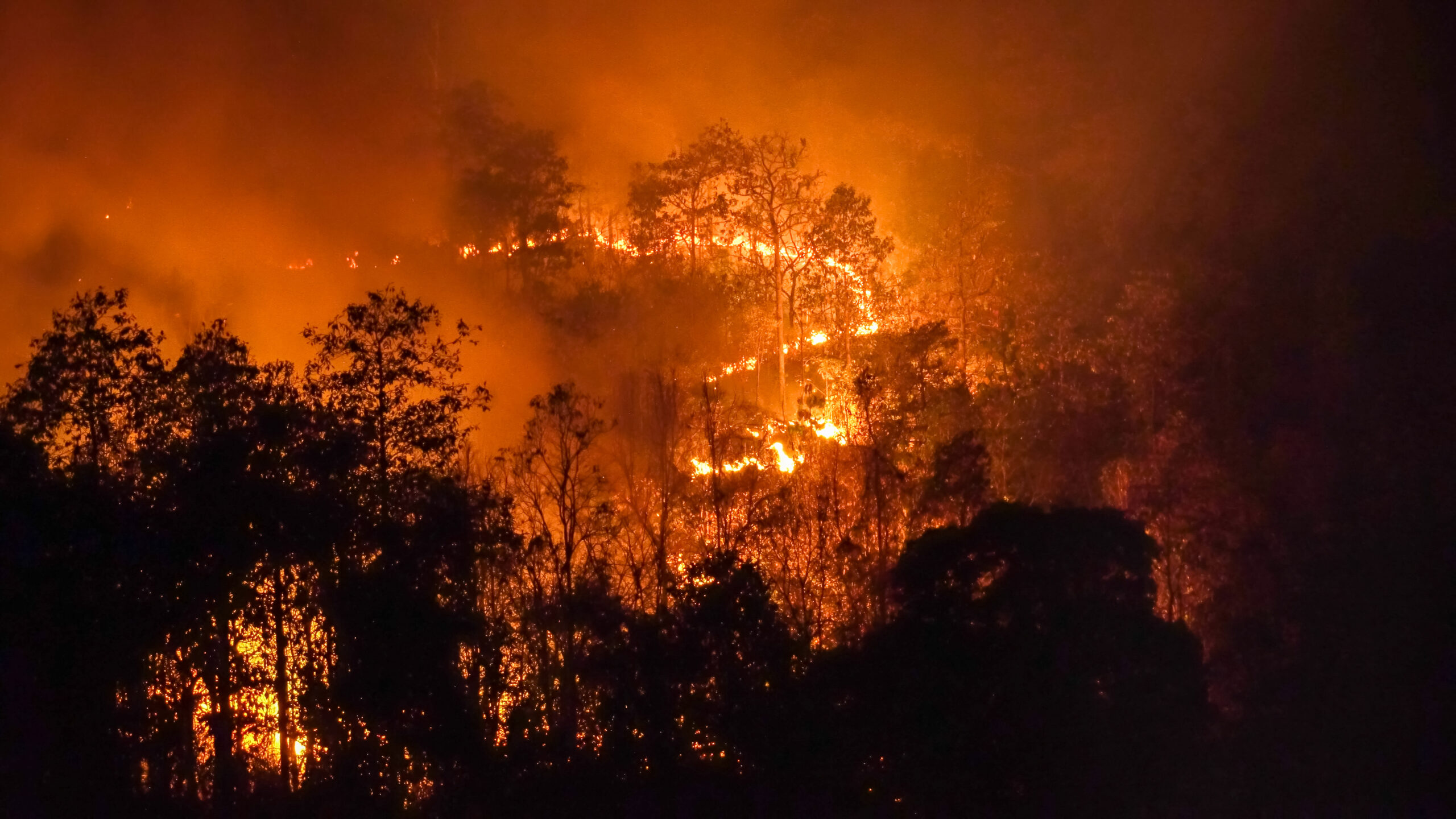One post after another. In September 2024 alone: 200 dead in Vietnam after Typhoon Yagi; $2 – $3 billion in damages across Central Europe from torrential rainfall; 148 lives lost from floods and landslides in Nepal; over 21,000 acres scorched from Southern California wildfires; and widespread devastation in the Southeast from Hurricane Helene, particularly in Asheville, North Carolina—a city once considered a “climate haven.” Climate change is an irreversible crisis, relentlessly driven by human actions. As it progresses, there is no doubt that people will be directly impacted or increasingly anxious about the looming threat to the environment and themselves.
Climate anxiety is a developing term to define persistent, uncontrollable anxiety related to climate change. Theories on the cause of climate anxiety point to the uncertainty of the future, a lack of collective problem-solving, and the perceived moral consequences of failing to address the issue while simultaneously contributing to it.
Climate anxiety is especially prevalent among young people who often worry about the anticipated effects of climate change—concerns exacerbated by the perceived inaction of older generations. In a survey of 10,000 children and young adults (aged 16-25) across ten countries (Australia, Brazil, Finland, France, India, Nigeria, Philippines, Portugal, the UK, and the USA), over half of the respondents reported feeling very or extremely worried about climate change. Additionally, 45% said that climate change negatively impacted their daily life. Notably, 85% felt that society has failed to care for the planet. Considering this study was completed in 2021, it raises the question of whether these numbers would be even higher today as climate change continues to escalate.
Climate change is contributing to heavier rain, more frequent hurricanes, and rising sea levels.
Image Source: shaunl
How can one manage this climate anxiety on a personal level? Experts interviewed by National Public Radio (NPR) emphasize the importance of building resilience to cope with discomfort, as there is no longer a “return to normal” for the environment. They recommend several general strategies to cope with stress or anxiety such as practicing mindfulness, meditation, and cultivating compassion. Sharing and unpacking feelings of grief can also help, whether through discussions with a therapist or conversations with friends and family. Additionally, learning about climate leaders and their efforts for positive change can provide inspiration and counteract the anxiety triggered by distressing headlines.
Another way to manage climate anxiety is transpose it into action. On a personal level, this could involve taking proactive steps to reduce risk, such as packing an emergency kit or creating a safety plan for extreme climate events like flooding or wildfires. On a broader scale, it could mean engaging in advocacy for climate change legislation or promoting environmental justice. Ultimately, any efforts to decrease our contributions to global warming address the root cause of climate anxiety and can empower individuals to feel more in control of their consequences.
Featured Image: © toa555/ Adobe Stock










